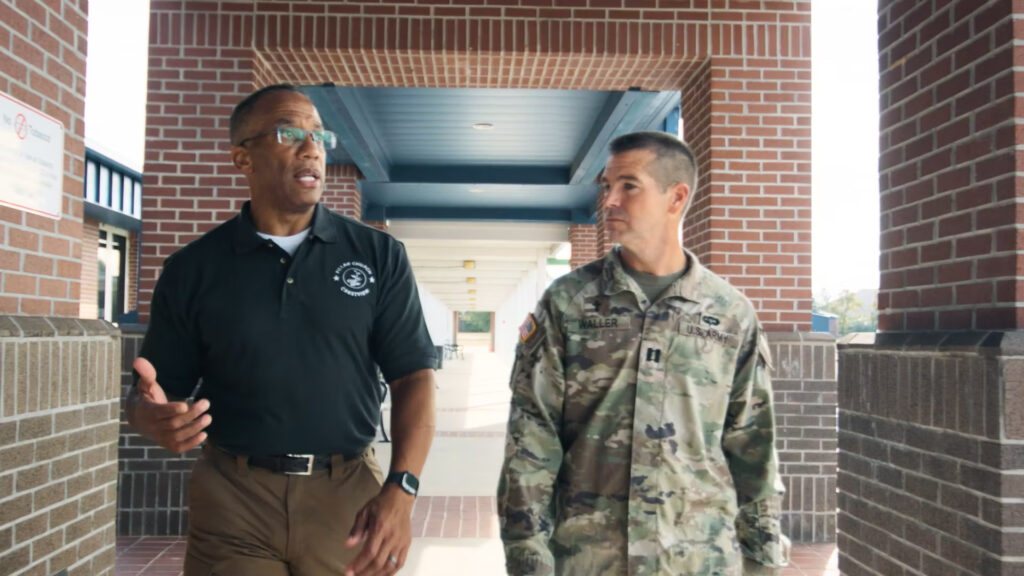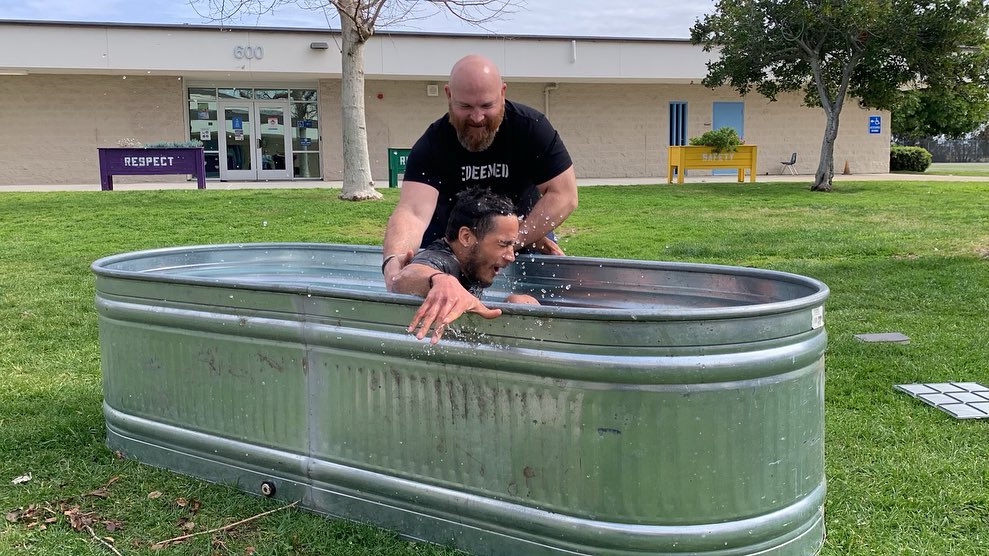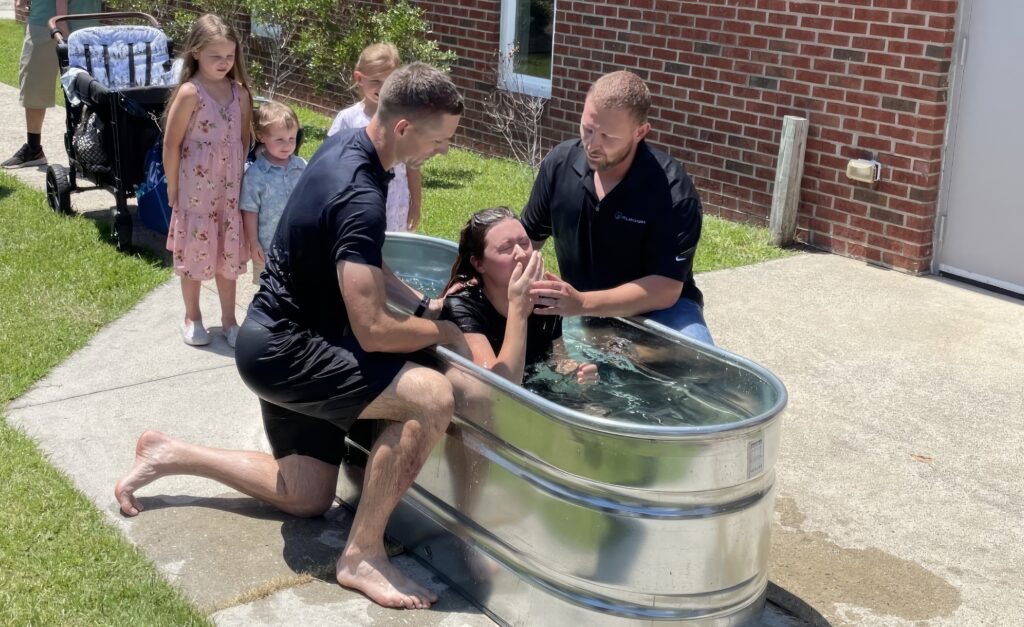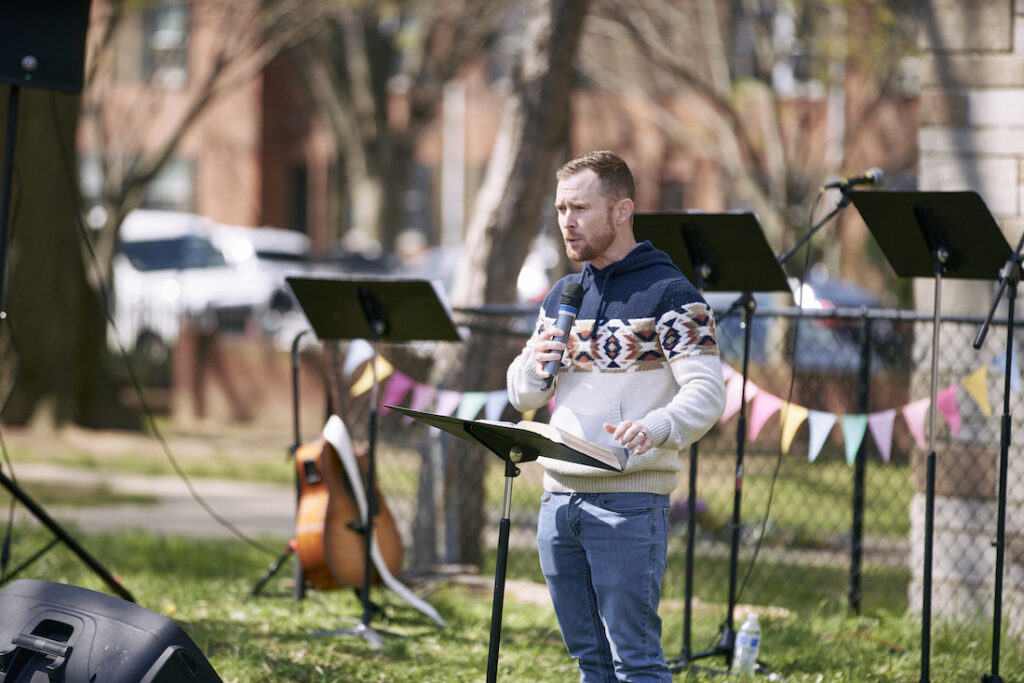You’re a church planter and have answered the call, raised the money and launched with a God-sized vision. Now, one of the most critical, yet challenging decisions a church will ever be confronted with is staring you right in the face. The question is this: How, when, why and who do I need to transition from a volunteer status to a paid staff member? Whether you are currently planting a new church or pastoring an existing church, inevitably you as the leader must see yourself as a coach. Jim Putman said it best when he wrote, “Every coach, no matter what the level, has a two-tiered job to do: (1) develop skilled players that understand their positions and (2) coach them to play well together.”
Consider this: Would this potential team member continue to go the extra mile for the Lord even if they were never recognized or offered a paid position?
As you coach/lead a team of volunteers in your church, there might be some players that you see great potential in and would like to move them to the next level; as a paid member of your staff team. If so, I want to offer you a process through which to filter those potential team members:
Character
Character is best defined as who you are when nobody is looking. I know this is not something new and is probably found in almost every leadership book, but we must continue to move from knowledge to wisdom in this area when assessing volunteers and hiring potential staff members. How many times have you witnessed in professional sports a team who hires an athlete who is gifted on the field, but their career has suffered or has been ruined by who they are off the field. Consider this: Would this potential team member continue to go the extra mile for the Lord even if they were never recognized or offered a paid position? Competency and chemistry are important, but I believe character is most important.
Context
Rarely do you find a church planter, or any pastor, sitting on a stockpile of cash. God has entrusted us as stewards to count the cost (Luke 14) and before we start something, we must do our best to make sure we can finish it. In your current context, do you have the financial ability to move that volunteer into a paid-staff position? When starting Living Hope Church, we hired staff members every six months. With this approach, we were able to walk wisely in our finances and make sure that between giving from both outside supporters and inside members; there was sustained growth financially to move volunteers to paid staff members.
You want to create a culture of discipleship, development and deployment.
Capacity
As you count the cost of the volunteer you are looking to transition, you must honestly evaluate whether or not this warrants a paid position. Are you simply looking to make this hire based upon current need or future capacity? Basically, the question here is why? Why do we need this position? You want to make sure this position has the capacity to be self-sustaining over time and pay for itself. If this ministry area is growing and demands more attention than any volunteer can afford to give it, then you must work closely with your leadership team and the volunteer to set clear objectives, expectations and a compensation package.
Culture
Finally, be aware that as you make these decisions, you are creating a culture. Often, churches tend to lean heavy on the volunteer side in the early days and as the church matures, the pendulum can swing pretty far the other way and become heavier on the staff side. There must be a balance. You want to create a culture of discipleship, development and deployment. Whether you currently rely heavily on non-paid volunteers or paid-staff members, strive to be balanced and create a culture of multiplication in each of these positions.
Published January 27, 2016




